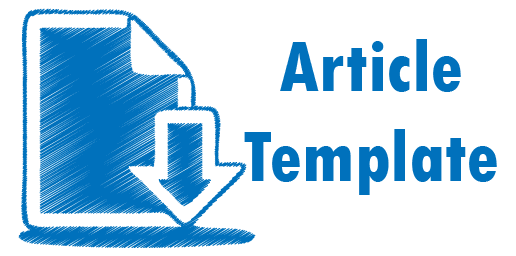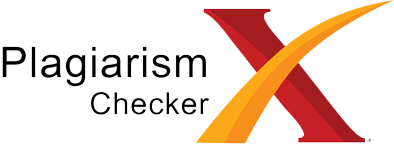Inovasi Pembelajaran Digital di Pacitan: Kolaborasi Antara Teknologi dan Differentiated Learning
DOI:
https://doi.org/10.58991/ms79k356Keywords:
technology in education, flexible learning, learning quality, differentiated LearningAbstract
The utilization of technology in education can be a key factor in enhancing the quality of learning, especially in areas with limited access, such as Pacitan Regency, East Java. The main challenges in this region include insufficient educational resources and a lack of flexible learning approaches to meet the diverse needs of students. These issues can result in disparities in learning quality, particularly for students with varying levels of ability and interest. This study focuses on developing a web-based Digital Differentiated Learning (DGDL) application using PHP programming language. The application is designed to assist teachers in creating, managing, and customizing instructional materials based on individual students' abilities, needs, and interests. With this approach, the learning process is expected to become more effective and inclusive. The development of DGDL was carried out in close collaboration with the Pacitan Regency Education Office and several elementary and junior high schools in the region. The application trial involved 17 teachers as representatives, and the evaluation results showed an average score of 4.43 on a scale of 1–5. This outcome reflects a high level of acceptance and appreciation for the application's benefits in supporting more targeted teaching. The findings of this research confirm that DGDL has the potential to be a relevant innovation for addressing educational challenges in Pacitan, particularly in promoting equitable access and quality of learning. Future development plans include adapting the application to dynamic field conditions and expanding its implementation to other regions facing similar challenges.
Downloads
Published
Issue
Section
License
Copyright (c) 2024 Journal of Electrical, Electronic, Mechanical, Informatic and Social Applied Science

This work is licensed under a Creative Commons Attribution-NonCommercial-ShareAlike 4.0 International License.







